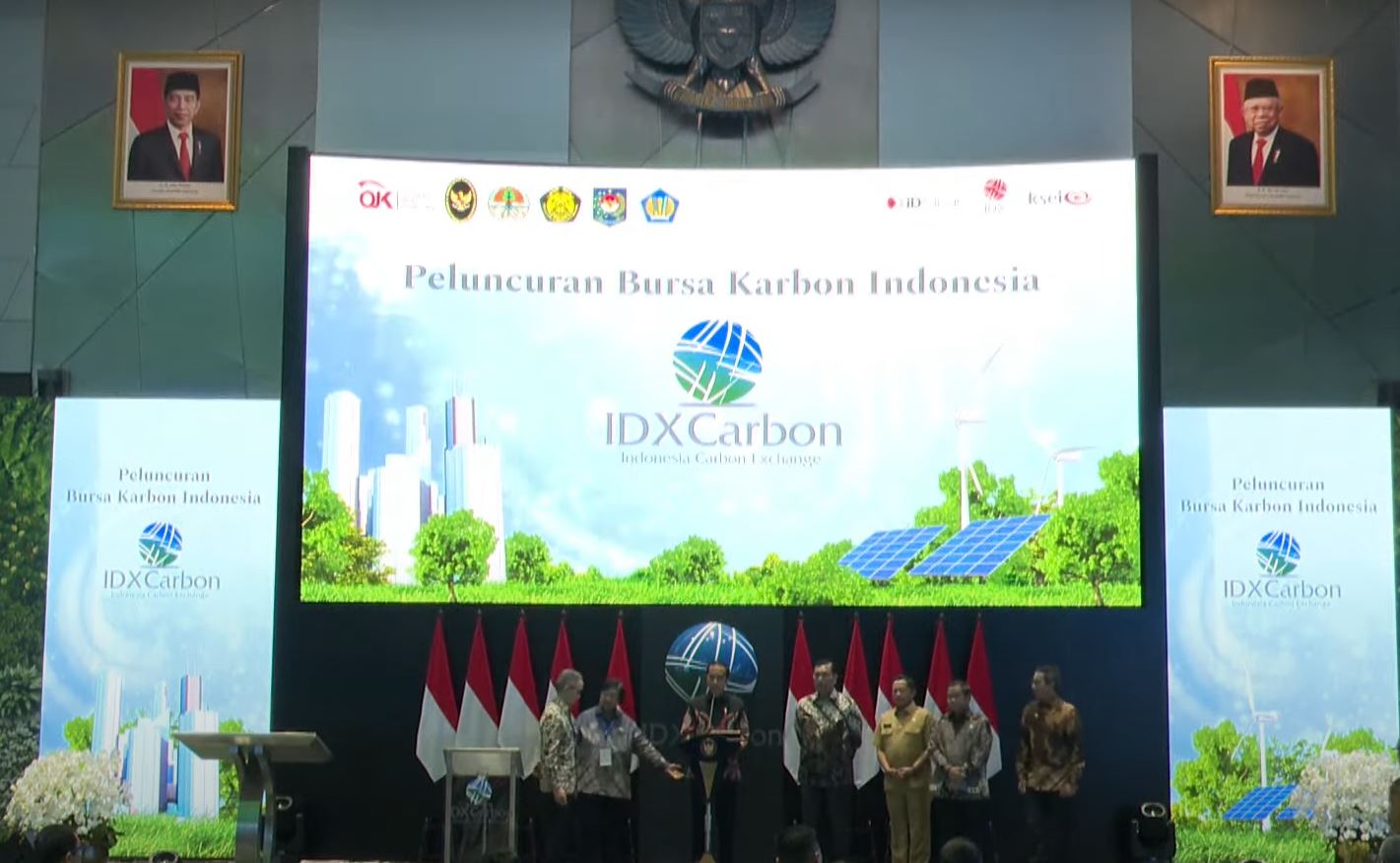OJK Leads the Charge: Indonesia’s Carbon Credit Market Takes Off
In a recent webinar titled “Safeguarding Carbon Credits for Business Opportunities and Environmental Sustainability,” hosted by Green Skilling, Dedra Arsyad, CEO of Muller Karbon Kapital Indonesia, provided insights into the implementation and application of carbon credits in Indonesia.
“Carbon credits serve as an incentive for companies or individuals to reduce their carbon emissions or actively combat climate change,” Dedra Arsyad said.
He explained that when a company purchases a carbon credit—often from the government—it gains the right to emit one ton of CO2. The revenue generated from selling these credits flows from companies to regulators. Companies with surplus credits can sell them to others, fostering a marketplace for emissions reductions.
Carbon credit trading is often linked to green projects like reforestation and renewable energy initiatives, which are monitored and validated by independent bodies to ensure they qualify for carbon credits. These projects span sectors such as forestry, waste management, renewable energy, and agriculture.
Dedra also outlined the two main types of carbon credits: *removal* and *avoidance*.
“Removal involves actions like planting trees that absorb CO2, while avoidance refers to strategies that prevent emissions, such as using electric vehicles,” he added.
In Indonesia, carbon credits are regulated under the National Registry System for Climate Change Control (SRN PPI), managed by the Ministry of Environment and Forestry. This system is designed to track climate change mitigation and adaptation actions, as well as prevent double-counting of efforts.
“All data and information regarding carbon emissions and carbon trading transactions in Indonesia are managed and stored under SRN PPI,” Dedra explained.



























Tinggalkan Balasan